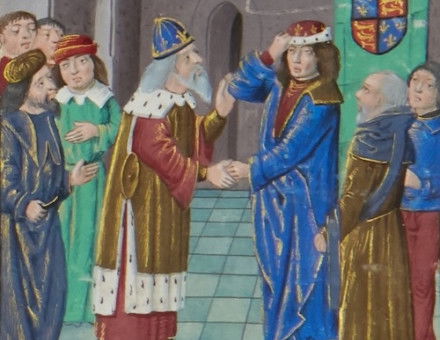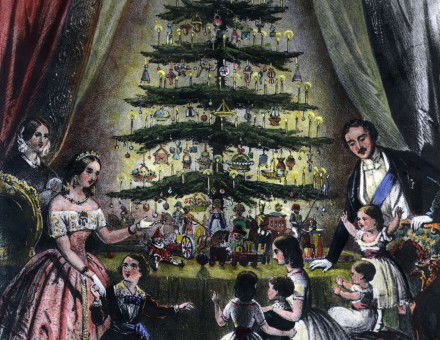Media and Morality in the Twenties
'I want to be naughty and yet be nice' - John D. Stevens recounts how small-town America fought a losing battle against the louche temptations offered by rnagazines, tabloids and the movies.
American society was racked in the 1920s by clashes in moral standards. The rural and small-town population was fighting a series of rearguard actions to retain control and to enforce its standards on the rising cities. Each ten yearly census recorded the steady march toward urbanity. Many things about the city alarmed the ruralists, but nothing so much as its low morals. The most visible struggle was against gambling, jazz music, stage nudity and Sunday entertainment and shopping.
There also was a vigorous struggle against allegedly immoral and salacious magazines, books and films, almost none of which took place in court-rooms. The citizens of the midwest villages and towns instead used moral persuasion on local news-stands. By keeping the 'snappy joke books', confessions magazines and 'modern novels' under the counter, everybody could pretend they did not exist.
In his famous essay of 1931, F. Scott Fitzgerald denounced this smug hypocrisy:





